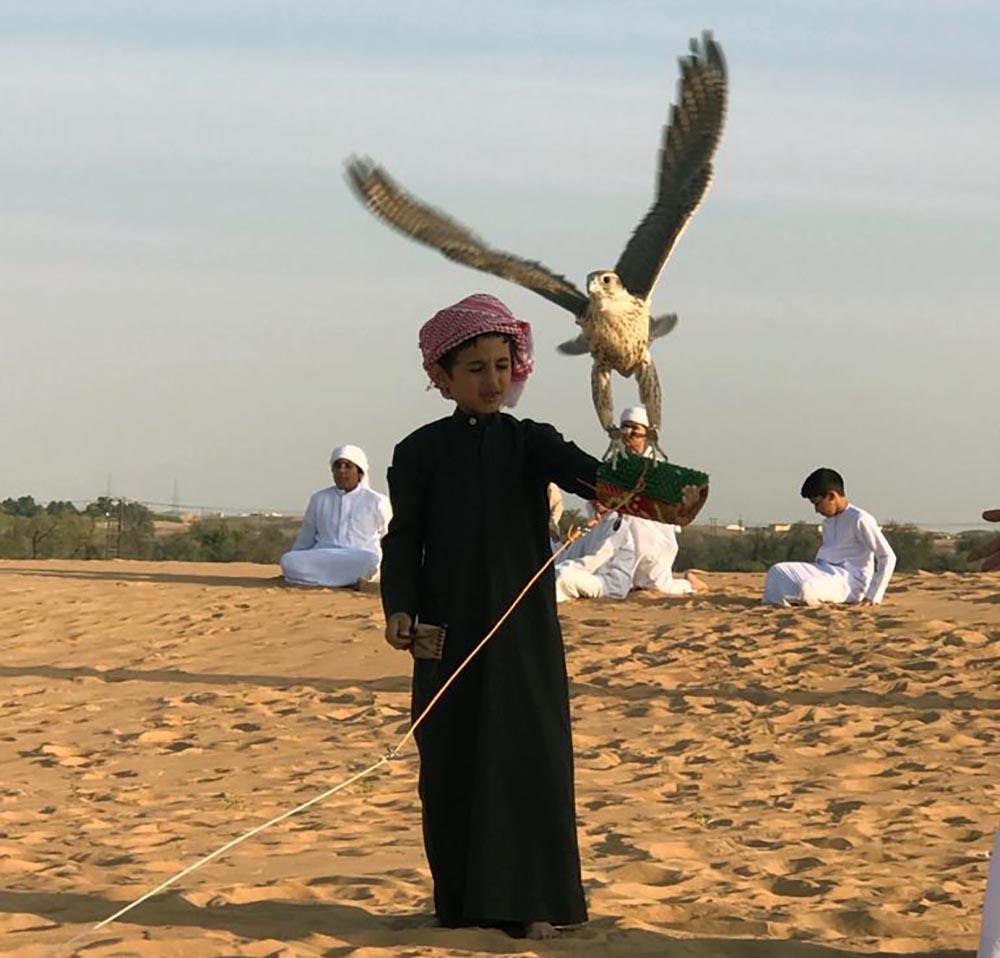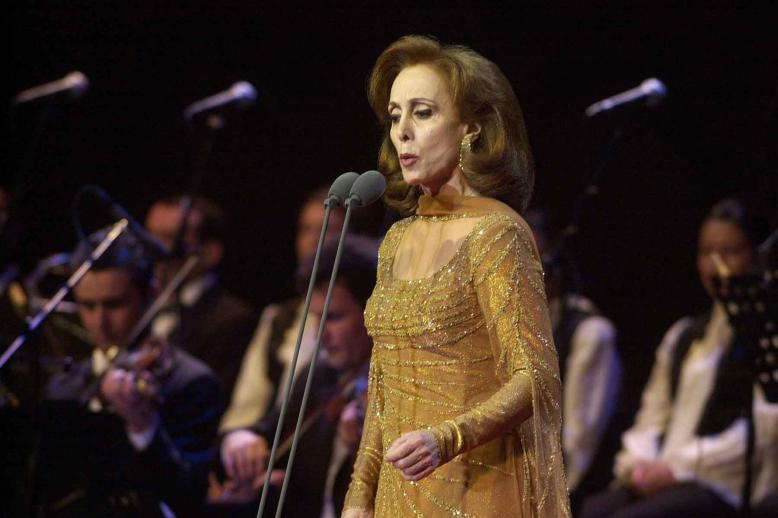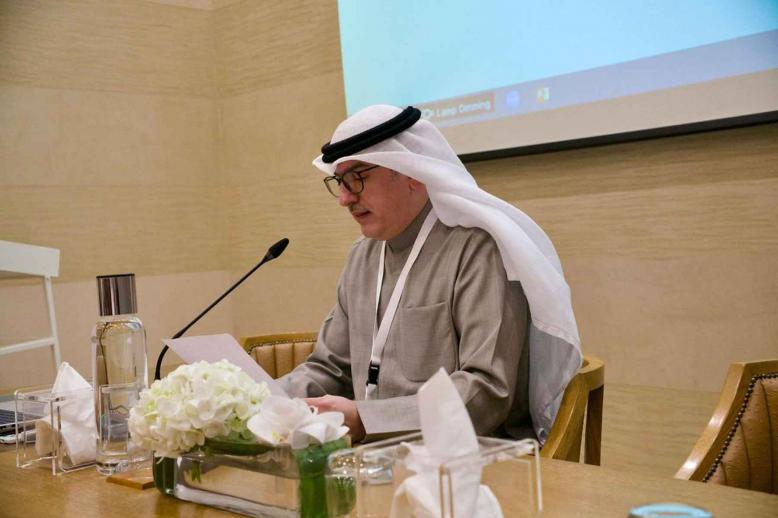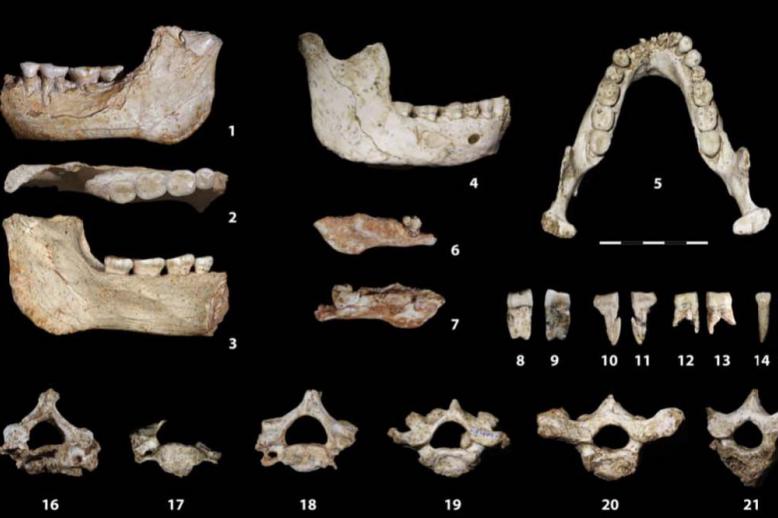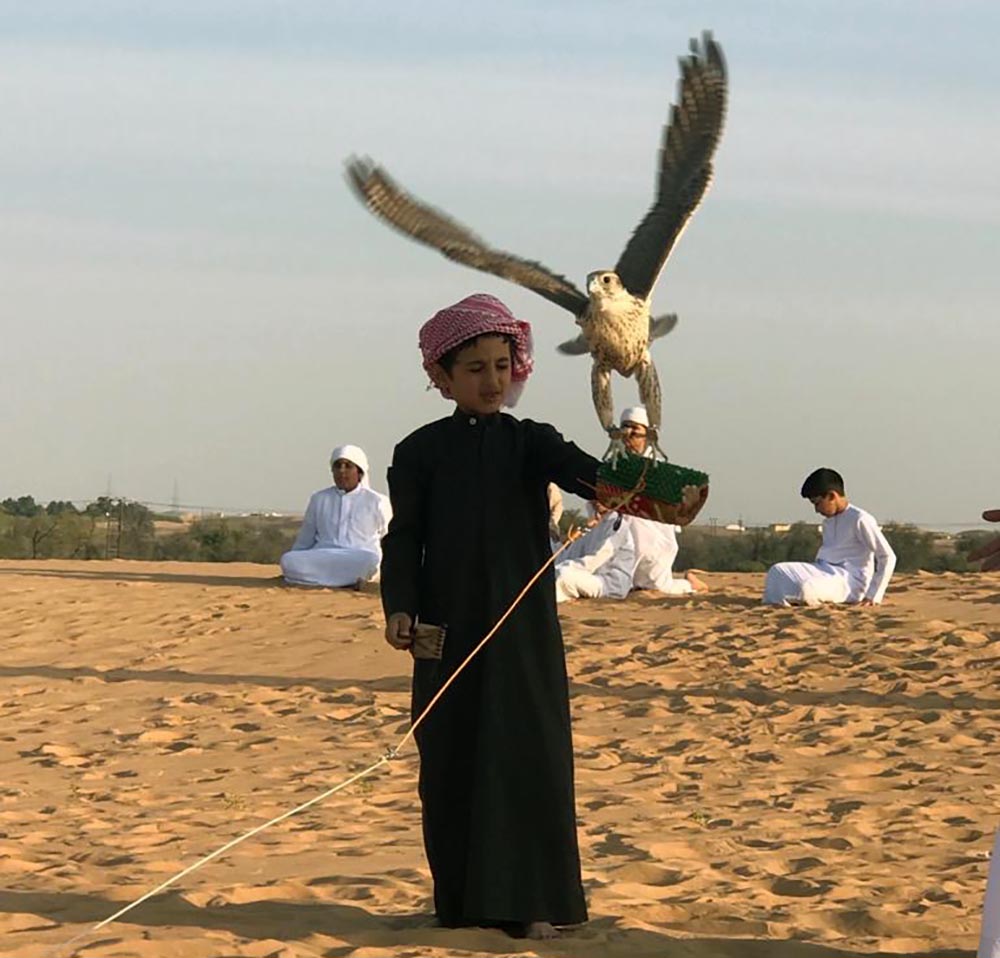Emirates Falconers Club enhances efforts to sustain falconry
ABU DHABI – The Emirates Falconers Club stated that the 2023-2024 season marked a positive period for falconry in the UAE and numerous countries worldwide, while last November the 13th anniversary of falconry’s registration on the Representative List of the Intangible Cultural Heritage of Humanity in UNESCO was celebrated, with the number of countries joining the registration process doubling to 24 countries reflecting the global expansion of falconry.
Today, falconry is practiced legitimately in 90 countries, boasting a community of over 100,000 falconers worldwide.
Majid Ali Al Mansoori, Secretary General of the Emirates Falconers Club and President of the International Association for Falconry and Conservation of Birds of Prey (IAF) affirmed that Abu Dhabi and the UAE have played a pivotal role in leading global efforts to attain international recognition for falconry as a legitimate cultural practice.
He extended his sincere gratitude and appreciation to Sheikh Mohamed bin Zayed Al Nahyan, President of the United Arab Emirates and Sheikh Hamdan bin Zayed Al Nahyan, Ruler's Representative in Al Dhafra Region and Chairman of the Emirates Falconers' Club, for the great support provided by them to the efforts and projects aimed at preserving falconry, and strengthening the foundations of joint cooperation between different peoples and cultures. Their dedication reflects the enduring legacy of the late Sheikh Zayed who instilled in the hearts of the people of the Emirates a profound love and pride for this authentic heritage.
Mansoori revealed that the Mohamed bin Zayed Falconry and Desert Physiognomy School located in Remah and Tilal Resort in Al Ain witnessed a wide demand for learning the art of Arab falconry and the traditions of living in the desert, as the school has been able to attract since its establishment until today 5039 students, including 2977 males and 2062 females, in addition to organizing special programs that attract tourists, and VIPs visiting Abu Dhabi and the UAE, as the school has become today a prominent educational, cultural and tourist destination in the region.
He pointed out that the school aims to raise awareness of the value of falconry as a significant human heritage, and to instil the correct principles and practices of this authentic Arab tradition in young people. It serves as a vital effort to deepen the connection between the present and the past, and to revive the achievements of the world's leading falconer, the late Sheikh Zayed and his genuine approach to preserving falconry and passing it on to future generations.
The 2023-2024 falconry season in the Emirate of Abu Dhabi lasted about 3 months, ending last January, as the Environment Agency – Abu Dhabi issued 2,603 traditional hunting licenses (to practice falconry) for one season only, while falconers want to study the possibility of extending the falconry season until February or March of each year.
Many falcon breeders, specialists in training, breeding and care, as well as manufacturers and innovators of falconry tools and accessories, participated in the Abu Dhabi International Hunting and Equestrian Exhibition 2023, which is considered a unique destination for falconers from the UAE, the region and around the world, and a forum for consultation and exchange of experiences about the world of falconry. Regional and international companies were also present at the exhibition, providing falconers with the latest technologies related to falconry and its ancient and modern supplies, in addition to companies interested in bird health, treatment, and medicines.
As part of its contribution to the efforts of preserving the sport of falconry and passing it on to generations, promoting sustainable hunting and reducing the illegal trade in wild houbara, the Emirates Falconers' Club, in cooperation with the International Fund for Houbara Conservation, develops yearly an annual plan to provide captive-bred houbara bustards, which during the past seasons were allocated for falconry training purposes to the falconers and beneficiaries of the club’s program, as well as those registered within hunting reserves.
The UAE-Japan Falconry Camp, which was held with the support of Sheikh Hamdan bin Zayed Al Nahyan, Ruler's Representative in Al Dhafra Region and Chairman of the Emirates Falconers' Club, concluded in January. This program was part of the implementation of the agreement signed between the club and the Japanese Foundation "INPEX-JODCO" to promote and support existing friendship, students exchange, and cultural cooperation programs between Emirati and Japanese falconers.
It is noteworthy that the Mohamed bin Zayed Falconry and Desert Physiognomy School, which opened in December 2016, offer a range of distinctive educational programs, including theoretical lessons in falconry such as (types of falcons, their anatomy, prey species, principles and ethics of falconry), preserving falcons (covering foundational methods for handling them and ensuring their sustainability), practical lessons in falconry (dealing with falcons, training them, breeding, providing care for their well-being and conservation). In addition to desert physiognomy (emphasizing etiquette and ethics to be followed), as well as identifying the importance of the houbara bustard in Arabian falconry.
The school includes a library, and a diverse collection of old and rare falconry equipment, providing insight into the historical evolution of falconry practices. In addition to an exhibition which features a unique collection of photographs capturing the late Sheikh Zayed, engaging in his beloved pastime of falconry.
Since its establishment in 2001, the Emirates Falconers’ Club has sought through its projects to preserve falconry as a cherished human heritage and historical legacy, introduce the fundamental principles and ethical practices of Arab falconry, and promote sustainable hunting.
Furthermore, the club actively supports studies, legislation and mechanisms aimed at preserving biodiversity, which includes contributing to projects focused on the conservation of falcons and their prey, as well as breeding them in captivity and safeguarding their natural habitats, in addition to organizing various activities and events related to falconry and developing international cooperation with institutions concerned with falconry conservation.
It is noteworthy that during the twentieth edition of the Abu Dhabi International Hunting and Equestrian Exhibition last September, the Emirates Falconers’ Club, in collaboration with the International Association for Falconry and conservation of Birds of Prey, organized the conference "Sustainable Falconry... Meeting the Challenges of the 21st Century." The club also organized a conference on "The Role of the Media in Preserving Falconry and Intangible Cultural Heritage," which attracted wide participation.
The exhibition was further highlighted by the successful auction of falcons bred in captivity and other unique falconry competitions.


